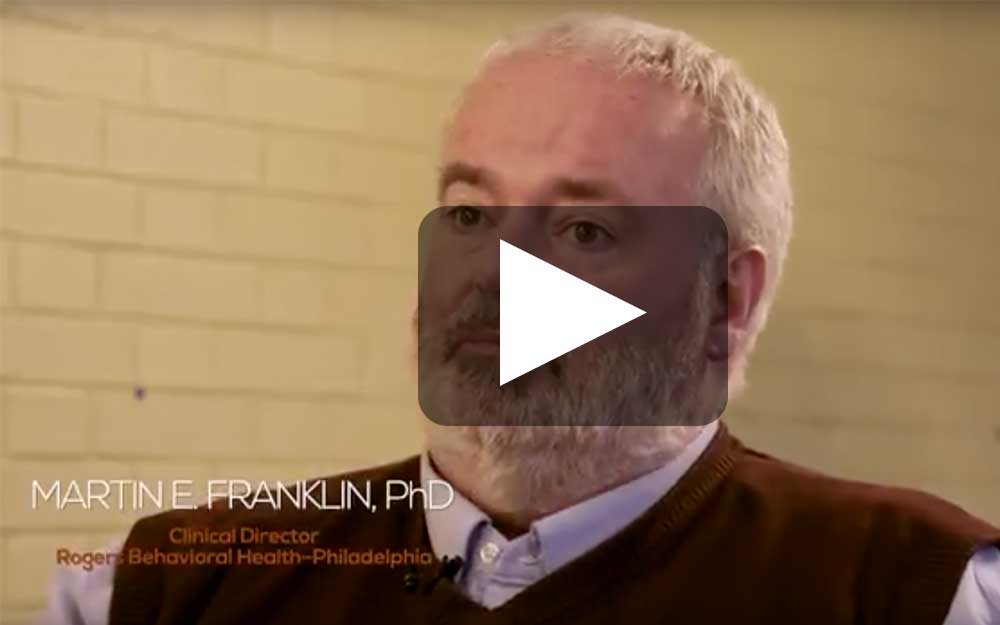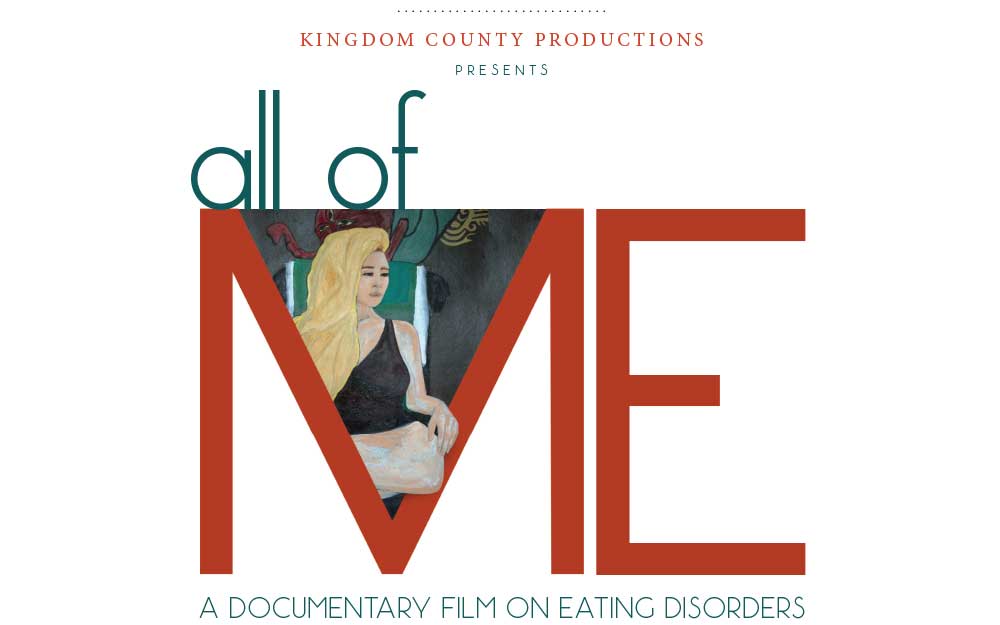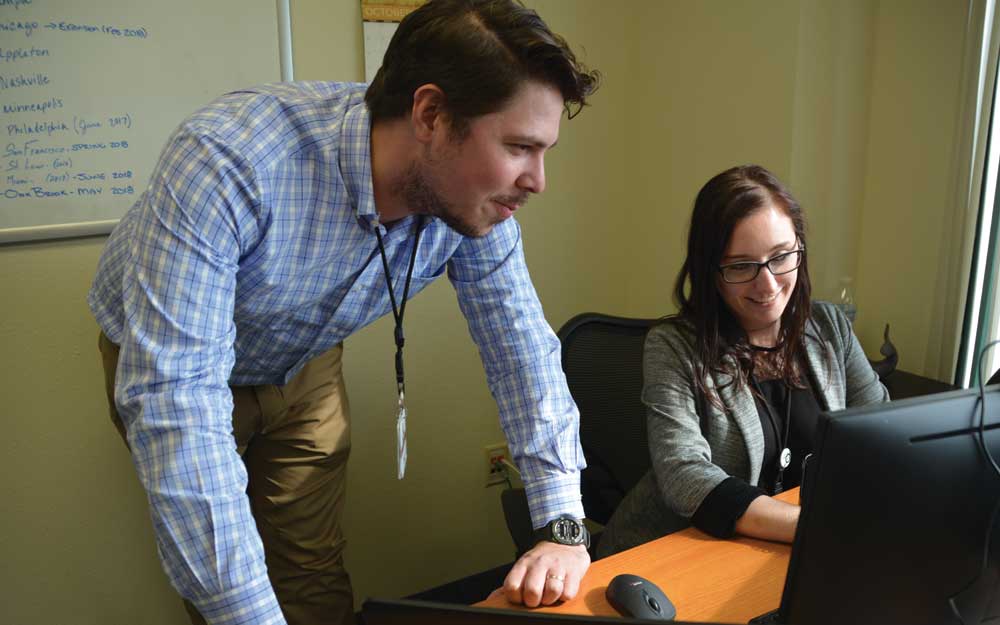
5 ways to keep kids mentally healthy during summer break
Summer school, summer camp, summer tutors. We take great lengths to ensure kids maintain academic gains over summer break. But are we doing the same to maintain their mental health?
Contact Us • Careers • Refer a Patient • Donate • Blog

Summer school, summer camp, summer tutors. We take great lengths to ensure kids maintain academic gains over summer break. But are we doing the same to maintain their mental health?

Depression can cause us to isolate and avoid activities that were once enjoyable. Behavioral activation helps people engage in life and undo the damage that depression causes.

First responders, veterans, children of abusive homes—when it comes to those it affects, PTSD knows no boundaries. Learn the signs to know when the after effects of trauma have crossed the line into full blown posttraumatic stress disorder (PTSD).

Males make up a significant portion of those with eating disorders, but due to stigma and others not recognizing the signs, it can be more difficult for a male to seek treatment.

When traditional therapy wasn’t enough to treat her son’s OCD, one mother set forth on a brave new journey that took her across the country to finally find a solution at Rogers.

Unique program uses CBT to effectively treat anxiety, OCD, depression, and other mood disorders in kids on the autism spectrum.

We have a variety of events planned to support National Eating Disorders Awareness Week this year. Take a look to see how you can participate.

The holidays are often associated with an abundance of food at the table, but tempting treats and larger portions can mean stress for someone concerned with binge eating. We have some tips to help avoid binge eating during the holidays.

Sticking to healthy limits and changing the approach to accommodation can be critical when it comes to raising a resilient child.

The clinical effectiveness team at Rogers uses regression analysis to compare similar patients undergoing the same treatment, allowing us to determine the best methods for success.